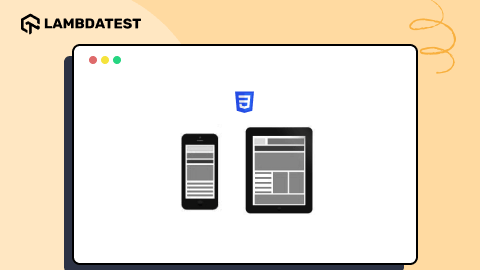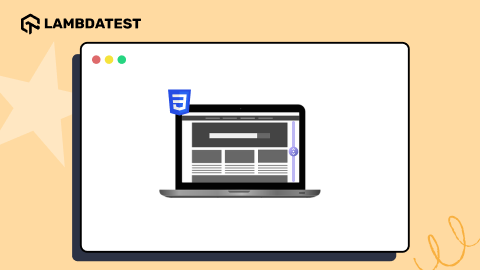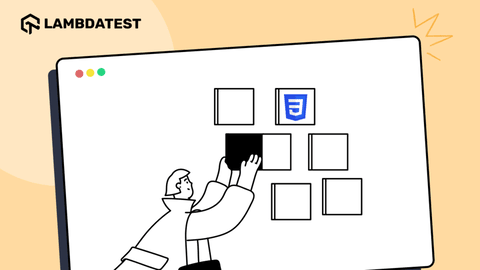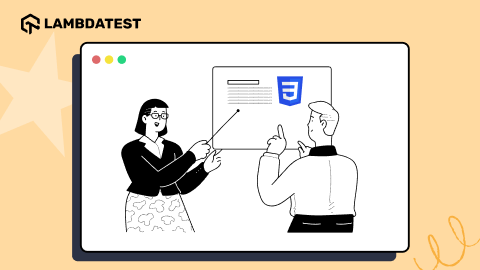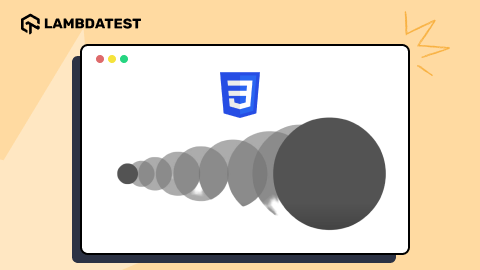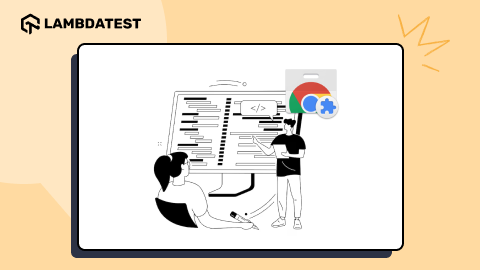Top 12 PHP Frameworks For Web Development in 2024
Upendra Prasad Mahto
Posted On: January 23, 2024
![]() 160656 Views
160656 Views
![]() 16 Min Read
16 Min Read
Several server-side programming languages are available for web development, but PHP is still the most popular. According to the w3techs survey, 76.6% of all websites use PHP as the server-side programming language. It includes the most used platforms like Facebook and Wikipedia.

This is not the only reason why people use PHP. The main credit goes to the increasing number of PHP frameworks for web development. Presently, many PHP frameworks are available, and in this blog, we will discuss the top 12 PHP frameworks for web development to learn in 2024.
Another thing that adds complement to PHP is the interest. According to Google Trends, interest in PHP increased over time compared to other languages like JavaScript over the past 5 years.
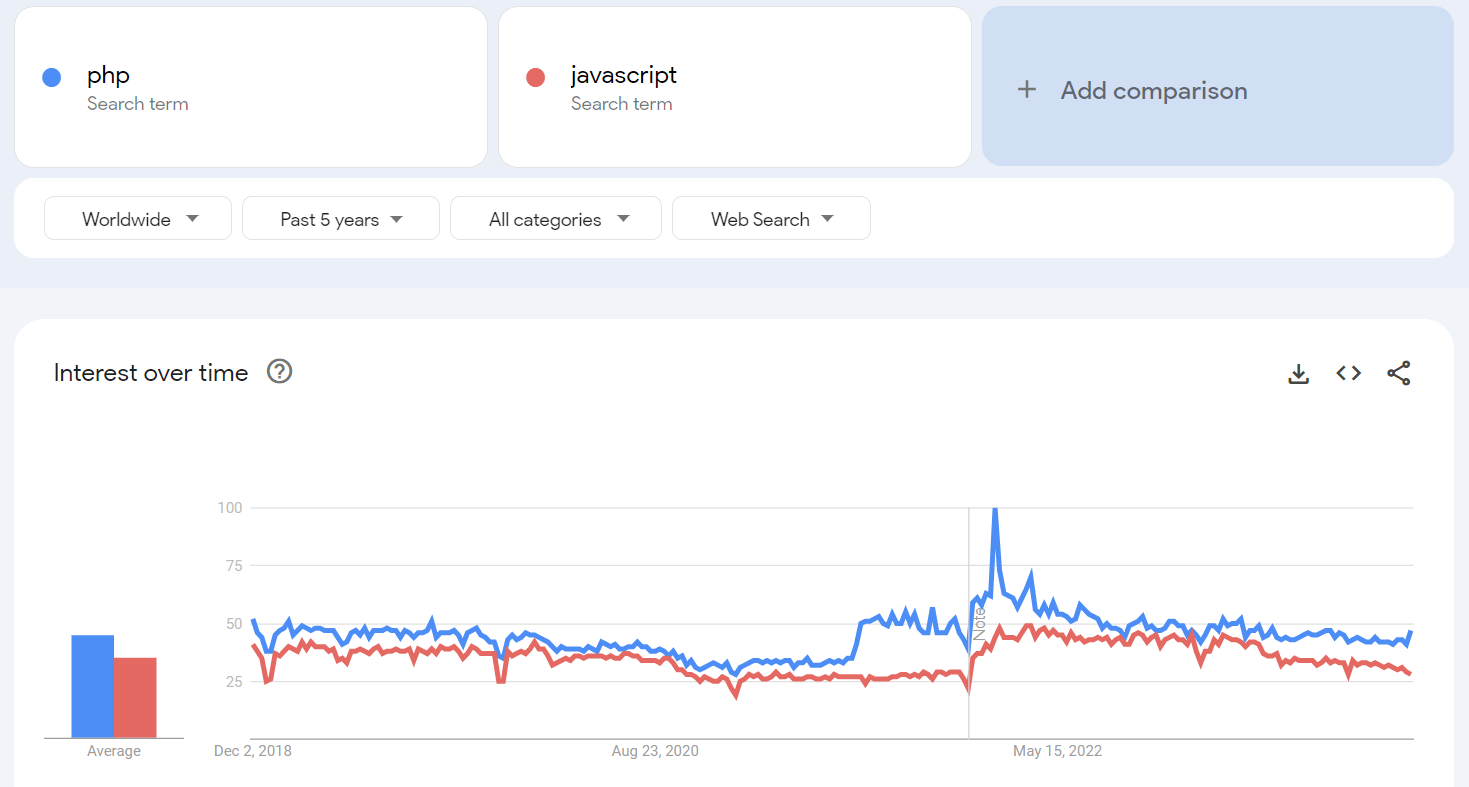
(Note – Numbers represent search interest relative to the highest point on the chart for the given region and time)
TABLE OF CONTENTS
What is a PHP Framework?
A PHP framework is a pre-built platform that provides a foundation and tools for building web applications with PHP programming language. These frameworks aim to streamline development by offering standardized conventions, reusable components, and a modular architecture. Examples of prominent PHP frameworks include Laravel, Symfony, CodeIgniter, Yii, etc.
Why Should You Choose a PHP Framework?
Choosing a PHP framework for your next project offers numerous advantages that can significantly enhance the development process and overall project outcomes. These are some of the compelling reasons to choose a PHP framework:
- It provides a structured set of guidelines that help developers to create reliable and consistent applications.
- It has built-in features and tools that reduce the need to write repetitive code and speed up development, such as database abstraction layers and authentication systems.
- It offers several benefits, such as swift development time, increased scalability, and improved code maintainability.
- It includes robust security features as a standard that help prevent common vulnerabilities like cross-site scripting (XSS) and SQL injection attacks and thus help build more secure applications.
- It offers a wide range of learning materials, tutorials, and community support to leverage the framework’s ecosystem of third-party templates, plugins, and add-ons.
Feel free to check out Top 10 PHP Testing Frameworks by LambdaTest. LambdaTest is an AI-powered test orchestration and execution platform that lets you run manual and automated tests at scale on over 3000 real devices , browsers, and OS combinations.
You can also Subscribe to the LambdaTest YouTube Channel and stay updated with the latest tutorials around Selenium testing, Playwright testing, Cypress testing, Continuous Integration and Continuous Delivery (CI/CD), and more.
Top 12 PHP Frameworks for Web Development in 2024
Let’s dive deeper into the top 12 PHP frameworks for web development with their features and limitations for 2024.
Laravel
Laravel is an open-source PHP framework on GitHub with 75.7k stars and 24.2k forks used for building web applications. It was first released in 2011 and follows the Model-View-Controller (MVC) architecture. It comes with an expressive and elegant syntax. It is fine-tuned for building professional web applications and ready to handle enterprise workloads. It achieves this by integrating the best packages from the PHP ecosystem and creating a framework that is also developer-friendly. Other than its foundational features, It also provides tools for dependency injection, unit testing, real-time events, and many more.
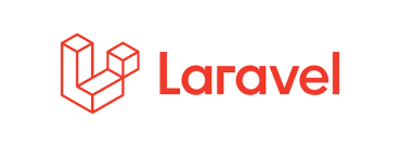
Some prominent companies that use the Laravel framework for their web applications are Mastercard, Razorpay, Olx, Wattpad, TransferGo, 9GAG, etc.
Features
- Built-in access management.
- Integrate with popular email services like Amazon SES, sendmail, etc.
- Built-in Eloquent ORM (Object-Relational Mapping) to convert data between incompatible type systems.
- Middleware to filter HTTP requests entering the application.
- Routing that allows developers to map HTTP requests to specific controller actions.
- Reverse routing to generate URLs dynamically on the basis of their route name.
- Blade templating engine for designing templates.
- RESTful controllers for request handling.
- Built-in PHPUnit Testing.
- Real-Time broadcasting with Laravel Echo for building features like live chat, notifications, and other real-time updates.
Limitations
- No built-in support is available in RoR or Django framework.
- Migration issues and incompatibility of newer versions with older ones.
- Performance Overhead.
 Note
NoteTest Laravel Web Apps using LambdaTest and run manual and automated tests on a cloud grid with 3000+ real browsers and OS options. Try LambdaTest Today!
CodeIgniter
CodeIgniter is an open-source PHP framework with 18k+ stars and 7.8K forks on GitHub. It follows the Model-View-Controller (MVC) architecture and provides a structured way to create and organize code. It provides a set of libraries and an intuitive interface to accelerate PHP web app development.
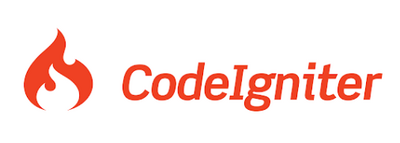
Some prominent companies that use the CodeIgnitor framework for their web applications are Sprout Social, Buffer, Grindr, 3M, Geekyants, Accenture, Ola, Remitly, Amplify, BigBazaar, etc.
Features
- Supports MySQL, PostgreSQL, SQLite3.
- Lightweight and Fast.
- Built-in Security Features.
- Supports built-in RESTful APIs.
- Provides form validation library to validate and filter data submitted by users.
- Also provides classes for FTP, image manipulation, email sending, user-agent, unit testing, security, encryption, etc.
Limitations
- Limited Built-in Features.
- Smaller ecosystem of extensions and plugins.
- No in-built authentication, or authorization features.
- Developers have to write their modules from scratch, while in other PHP web frameworks like Laravel, a rich set of in-built ready-to-use modules are available.
Symfony
Symfony is an open-source PHP framework developed by SensioLabs which has a thriving community of over 300,000 developers with 29k stars and 9.4k forks on GitHub. It provides a set of reusable PHP components and a development methodology for building complex and scalable web applications. It is recommended due to its advanced features and user-friendly environment. The user can also develop microservices.

Some prominent companies that use the Symfony framework for their web applications are BlaBlaCar, Spotify, Magento, Statista, Practo, Naukri.com, etc.
Features
- 50+ decoupled components easily installable using Composer.
- Supports a diverse set of databases – MySql, Oracle, PostgreSQL, SQLite, SQL Server, and SAP Sybase.
- Twig templating engine for handling views.
- Provides a command-line interface (CLI) called Symfony Console to create custom commands to perform various tasks, such as generating code, running migrations, and more.
- Integrates with the Doctrine Object-Relational Mapping (ORM) system to use PHP objects with databases.
- Highly flexible and customizable.
- Mature ecosystem with a large developer community.
- Supports testing through PHPUnit.
Limitations
- Increased memory consumption.
- Performance overhead (Laravel beats Symfony in performance).
- Dependency on code generation results in an expanded codebase and an increased number of generated files.
- Require more server resources compared to others.
Laminas
Laminas, formerly known as Zend framework, is an object-oriented open-source PHP framework. Its extensive library allows developers to select only the necessary components. It optimizes performance and reduces unnecessary overhead. The main focus of Laminas is on security. It offers robust features that ensure the development of secure applications.
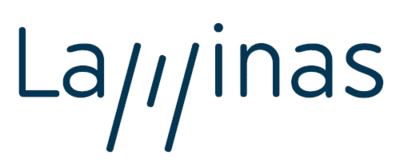
Some prominent companies that use the Laminas (formally Zend) framework for their web applications are BNP Paribas, BBC, Offers.com, etc.
Laminas has three major verticals:
- Laminas Mezzio for building middleware applications in PHP.
- Laminas Components and MVC for building enterprise applications in PHP.
- Laminas API Tools for creating RESTful APIs in PHP.
Features
- Event-driven flexible MVC framework for building scalable PHP applications.
- Extensive databases include MySQL, MS SQL Server, Oracle, MariaDB, IBMDB2, PostgreSQL, etc.
- Provides better security.
- Provides components for dependency injection, caching, form validations, PubSubHubbub(WebSub) interactions, logging, routing, pagination, session management, diagnostic tests, event dispatchers, feed parsers, etc.
- Some noteworthy components apart from the usual ones are:
- ‘Laminas-log’ – is a PSR-3 compliant logger with support for filtering and formatting.
- ‘Laminas-form’ for implementing complex forms, casting them into business objects.
- ‘Laminas-math’ for generating cryptographic numbers.
- ‘Laminas-session’ for object-oriented interface to session & storage.
- ‘Laminas-cache’ for caching implementations and codified caching storage strategies for callbacks.
- ‘Laminas-db’ is used for database abstraction and SQL operations.
- ‘Laminas-xml2json’ is used to convert XML documents to JSON format.
- ‘Laminas-SOAP’ is used to create SOAP applications and interact with them.
Limitations
- Smaller community.
- Low performance or performance overhead.
- Complex for smaller projects and documentation is also not beginner-friendly.
Yii
Yii is one of the oldest PHP frameworks, acronym as Yes It Is! It has 14.2k stars and 7k forks on GitHub. It is a fast, secure, and flexible PHP framework for web development, especially for building MVC architecture websites. It is an Object-Oriented PHP framework that requires knowledge of inheritance, polymorphism, etc.
There are currently two major versions of Yii: 1.1 and 2.0. Version 1.1 is the old generation and is now in maintenance mode. Version 2.0 is a complete rewrite of Yii, adopting the latest technologies and protocols, including Composer, PSR, Namespaces, Traits, etc.

Some prominent companies that use the Yii framework for their web applications are Deloitte, Fujitsu, Lenovo, Discovery, Lulo, Utrip, etc.
Features
- Implements the MVC (Model-View-Controller) architectural pattern and promotes code organization based on that pattern.
- Query builders and ActiveRecord for relational and NoSQL databases.
- RESTful API development support.
- Multi-tier caching support.
- High performance.
- Active community and comprehensive documentation.
- Testing framework for efficient unit and functional testing.
- Robust Cache component guides for implementing different sorts of caching i.e., data caching, fragment caching, page caching, query caching, HTTP caching, etc.
Limitations
- Prerequisite strong object-oriented programming.
- Performance Overhead.
CakePHP
CakePHP is an open-source PHP framework for web development with 8.7k stars and 3.5k forks on GitHub. It offers APIs that enable developers to develop applications quickly. It allows you to create highly secure and scalable web applications, including social networks, eCommerce, and online collaboration platforms.
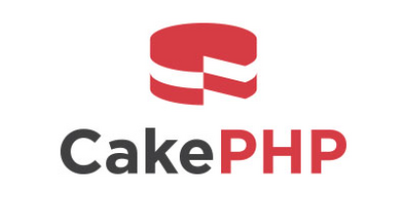
Some prominent companies that use the CakePHP framework for their web applications are Hyundai, BMW, Blendtec, MIT, Billabong, Edureka, House Party, etc.
Features
- Adheres to MVC architecture for PHP-powered web application development.
- Supports popular design patterns like Associative Data Mapping, Front Controller, etc.
- Allows code generation and scaffolding features for faster prototype development.
- Provides ready-to-use Caching, authentication, validation, and database API features.
- Requires minimum configuration. No need for YAML or XML config files.
- Provides easy testing capabilities.
Limitations
- Abrupt migrations and limited flexibility.
- Smaller ecosystem compared to others like Laravel or Symfony.
- Limited support for NoSQL databases or certain database systems.
- Performance overhead.
FuelPHP
FuelPHP is a portable and extensible PHP framework that supports both MVC and Hierarchical Model-View-Controller (HMVC) architectures with 1.5k stars and 300+ forks on GitHub. It works on almost any server and is characterized by a clean syntax. It is a purely object-oriented approach. The applications can be divided into modules, and each module can be extended or replaced without having to rewrite a single line of code.
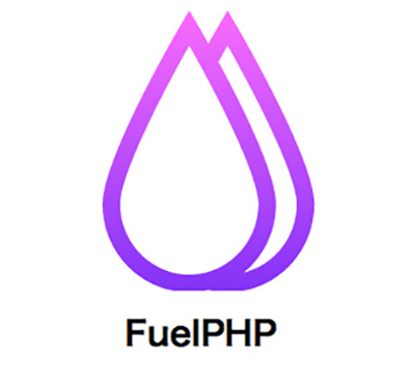
Some prominent companies that use the Laravel framework for their web applications are Amitum, Spookies, InventoryBase, Low Cost MLM Software, etc.
Features
- Powerful Object-Relational Mapping system.
- Offers security features.
- URL Routing system.
- Flexible configuration system.
- Caching mechanisms.
- Provides forms and data validation system.
Limitations
- Smaller ecosystem.
- Limited community support or less support.
- Less frequent updates.
Phalcon
Phalcon is open-source with 10.7k stars and 2k+ forks on GitHub. It is a full-stack framework for PHP that is characterized by high performance and low resource consumption. It is written or implemented as a C-extension or in C, which is integrated into PHP to improve performance. It has a user-friendly interface that simplifies PHP development and enhances the developer experience.
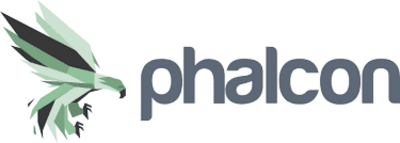
Some prominent companies that use the Laravel framework for their web applications are SocialVeo, KingHost, Urban Sports Club, PlaceOnAir, ESCHER, etc.
Features
- Low overheads for MVC architecture web applications.
- The C-extensions classes and functions are loaded with PHP on the web server.
- Allows to build of both single- and multi-module MVC applications.
- Supports PostgreSQL, MySQL, and SQLite.
- Phalcon query language for writing queries.
- Phalcon transactions to ensure data integrity.
- The cache component supports backends like Redis, Memcached, Mongo, etc., for quick access to pre-processed data.
- Form-builder, flash messages, VOLT templating engine, translation components, etc.
Limitations
- Not ideal for shared hosting.
- Smaller community and ecosystem.
- Limited flexibility for customization and extension.
- Complexity in troubleshooting without comprehensive debugging and profiling tools.
PHPPixie
PHPixie is an open-source PHP web framework designed for high-speed and simple web applications with 1k stars and 131 forks on GitHub. It was initially started as a micro framework but gradually evolved into a full-stack framework. It is a lightweight MVC PHP framework that has its own query builder and ORM. It is built with independent components and also receives regular updates and enhancements.
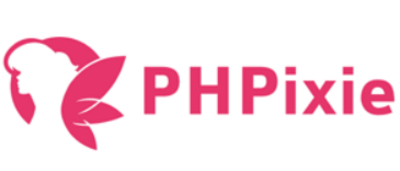
Some prominent companies that use the Laravel framework for their web applications are Wipro Ltd, Mercedes Benz India Pvt, Collabera, Archer, etc.
Features
- Built using a collection of independent and interchangeable components.
- Provides tools for input validation, CSRF protection, and other security-related functionalities.
- Built-in ORM (Object-Relational Mapping).
- Supports MongoDB.
- Supports RESTful routing to create APIs and build applications that follow REST principles.
Limitations
- Limited Community and Smaller Ecosystem.
- Less Adoption.
Slim
Slim is a micro PHP framework used for web development with 11.7k stars and 2k forks on GitHub. It has a simple and intuitive API development process. It is a micro-framework, meaning you only get a minimum of support for HTTP requests and forwarding requests to appropriate controllers. So the question is, why should you choose a micro-framework? Because it offers you flexibility and high extensibility.

Some prominent companies that use the Slim framework for their web applications are Gamned, Bootiq, AgriTask, GreenBot, HHEY, etc.
Features
- Session management.
- Cookie encryption.
- URL routing that maps routes to specific HTTP request handler methods and URL.
- Integration with first-party and third-party components PHP components.
Limitations
- Limited built-in features.
- Not suitable for building complex, large-scale web applications.
- Dependency injection is also quite weak which makes it unsuitable for enterprise-level applications.
- Lack of advanced features compared to larger frameworks like Laravel, etc.
- Smaller ecosystems and fewer available resources.
Lumen
Lumen is also a micro-framework used for developing PHP-powered web applications with 7.6k stars and 1k forks on GitHub. It is based on the Laravel framework and is specifically designed to build microservices and smaller, lightweight applications. The same team behind Laravel creates it and also shares some of its components. But, It is different from Laravel because it doesn’t offer compatibility with any additional Laravel libraries like Cashier, Passport, Scout, etc.
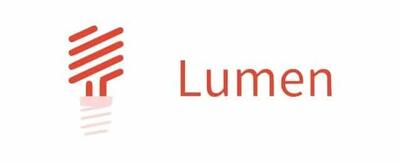
Some prominent companies that use the Laravel framework for their web applications are Threat Data Science, Index.co, Publy, Piio, ZenChef, Agro24, mPokket, Rooter, Codepolitan, etc.
Features
- Allows for building lightning-fast APIs and microservices for Laravel-based applications.
- Faster than Slim and Silex, the other popular alternative PHP micro-frameworks.
- Allows Laravel features like Eloquent ORM, testing, validation, authorization, caching, queues, views, etc., with minimum configurations.
- Easily upgradeable to a full-fledged Laravel application if needed.
Limitations
- More suited to microservices and APIs.
- Not Suitable for Large Applications.
- Dependency on the Laravel Ecosystem.
- Limited Features.
Fat-Free Framework
Fat-Free Framework also known as F3, is an open-source PHP micro-framework designed for building web applications. It has 2.6k stars and 400+ forks on GitHub. It allows you only to use the necessary code. It doesn’t need complex configuration, such as setting up Composer, curl, or a complex directory structure. It supports SQL and NoSQL databases like MySQL, SQLite, MSSQL/Sybase, PostgreSQL, MongoDB, etc.

Features
- Provides ORM (Object-Relational Mapping).
- Lightweight code base.
- Provides tools for data validation and security features.
- High-performance URL routing.
- Multi-protocol cache engine.
- Built-in code highlighting.
Limitations
- Limited Ecosystem.
- Smaller community support.
- Less extensible.
Factors to Consider While Choosing a PHP Framework
Choosing the right PHP framework for your web development project is crucial for the success and efficiency of your work. Here are some important factors to consider when selecting a PHP framework:
- Architecture: Most modern PHP frameworks follow the Model-View-Controller (MVC) architectural pattern. Familiarize yourself with the framework’s implementation of MVC and decide if it aligns with your development preferences and practices.
- Template Engine: Evaluate the template engine used by the framework. A good template engine simplifies creating and maintaining views, making the code more readable and maintainable.
- Database Support: Consider the framework that supports various databases and ensure it integrates well with the database system you plan to use. With PHP frameworks, database access layers can be reused, which saves developers from having to recreate them.
- Security: Ensure the framework supports built-in security features to protect against common vulnerabilities like SQL injection and cross-site scripting (XSS).
- Testing Support: Assess the framework’s built-in support for testing. A good framework should facilitate unit testing, integration testing, and other testing methodologies to ensure the reliability of your application.
- Scalability: Consider the scalability of the framework. Will it handle the growth of your application and increased traffic over time? Look for features that support scalability, such as caching mechanisms and load balancing.
Conclusion
It’s very evident that PHP is dominant in the world of web development. This widespread acceptance is not only the result of PHP’s inherent capabilities but is greatly enhanced by its frameworks. This blog discusses how frameworks like Laravel, CodeIgniter, CakePHP, Symfony, etc. provide developers with various tools, libraries, and many more features for secure and efficient web application development.
We have also seen that the widespread adoption of PHP and its frameworks is a testament to their adaptability, versatility, and the vibrant community that drives their continuous development.
Frequently Asked Questions (FAQs)
What is a PHP web framework?
A PHP web framework is a pre-built, structured set of tools and libraries that simplifies and accelerates web application development using PHP.
Which PHP framework is the fastest?
The speed of PHP frameworks can vary based on factors, but CodeIgniter has a relatively better speed and small footprint compared to some other PHP frameworks.
Which PHP framework to choose?
The choice of PHP framework depends on project requirements and developer preferences. However, popular options include Laravel for elegant syntax, Symfony for flexibility, and CodeIgniter for simplicity and relatively better speed.
Got Questions? Drop them on LambdaTest Community. Visit now





